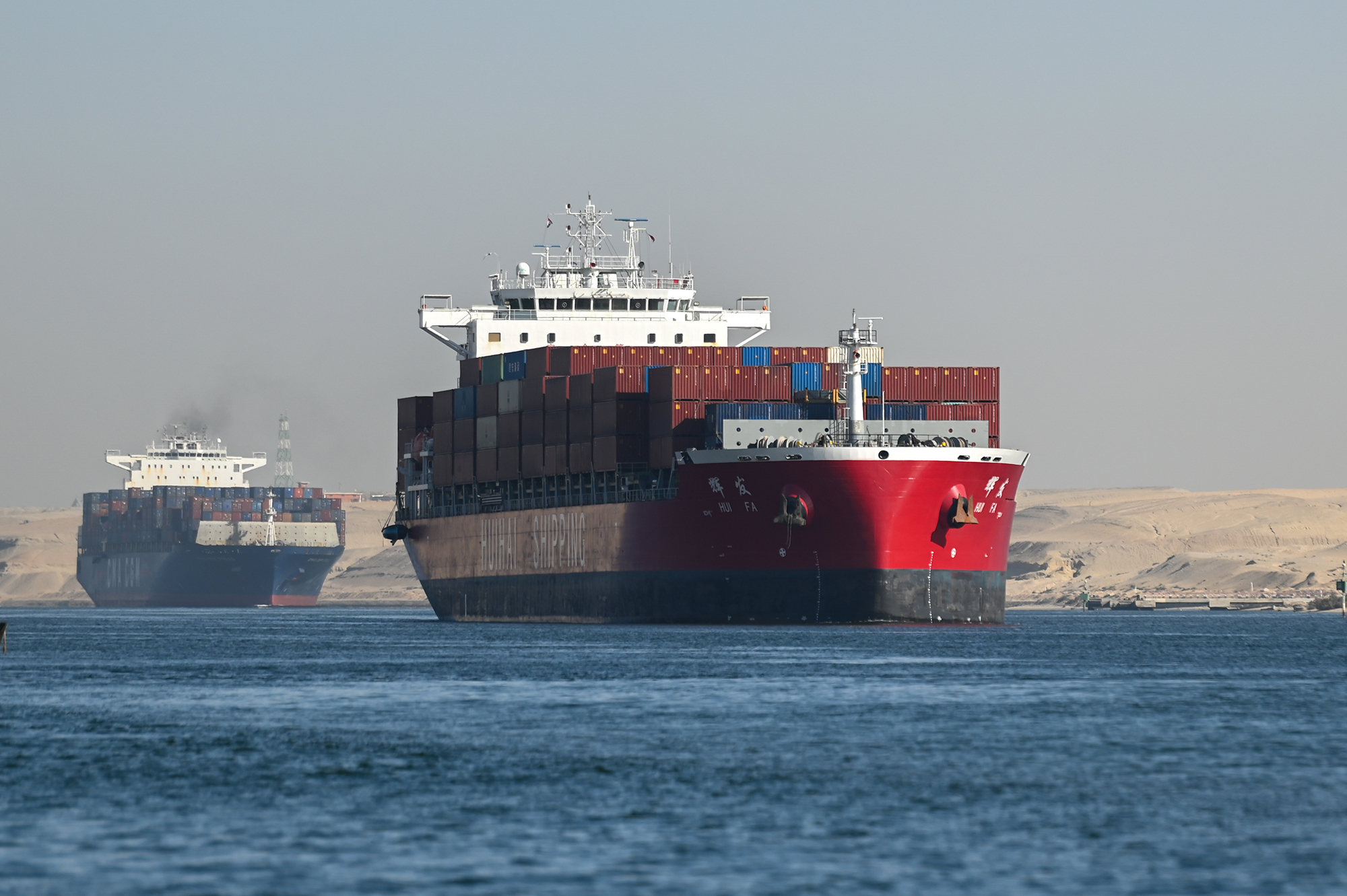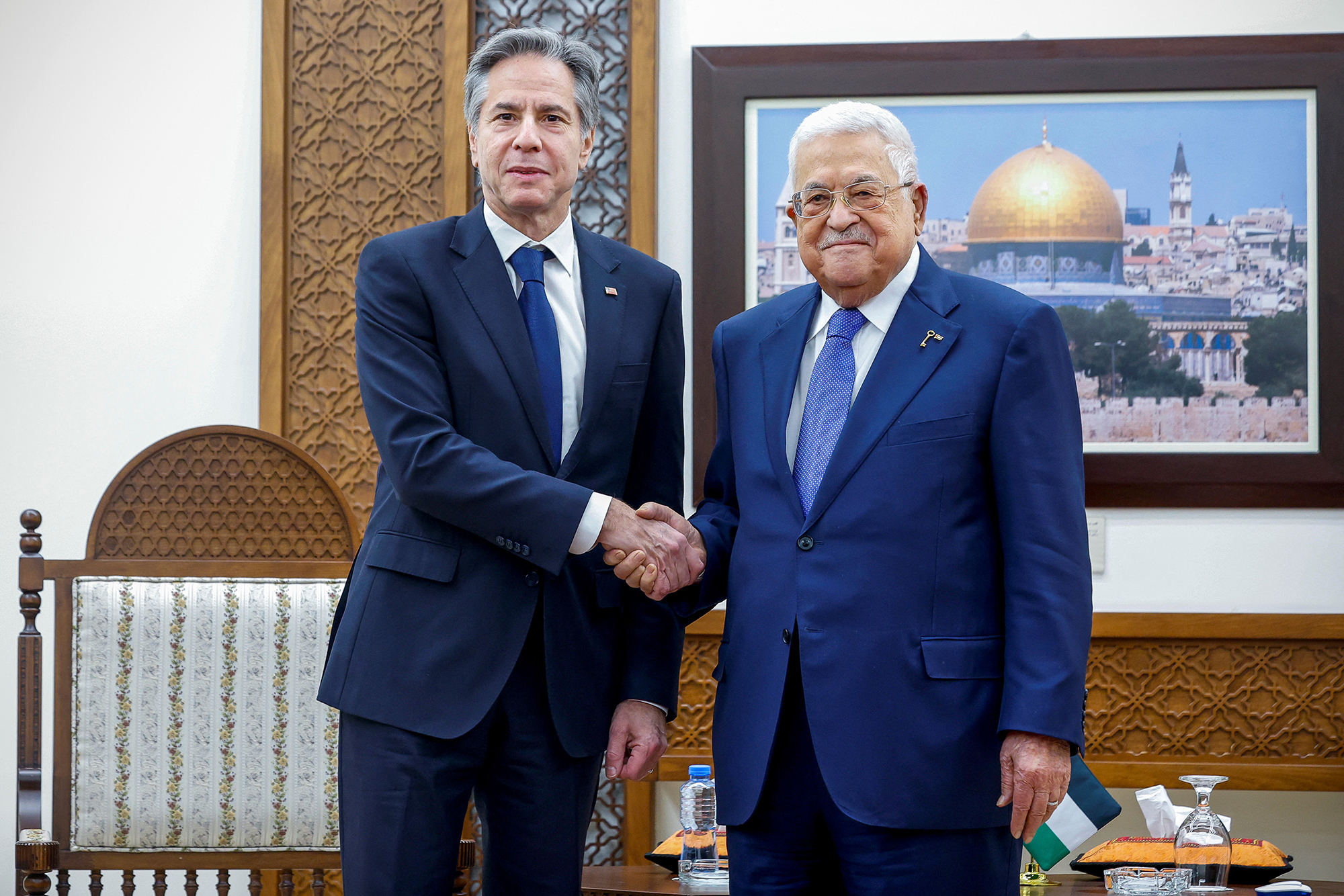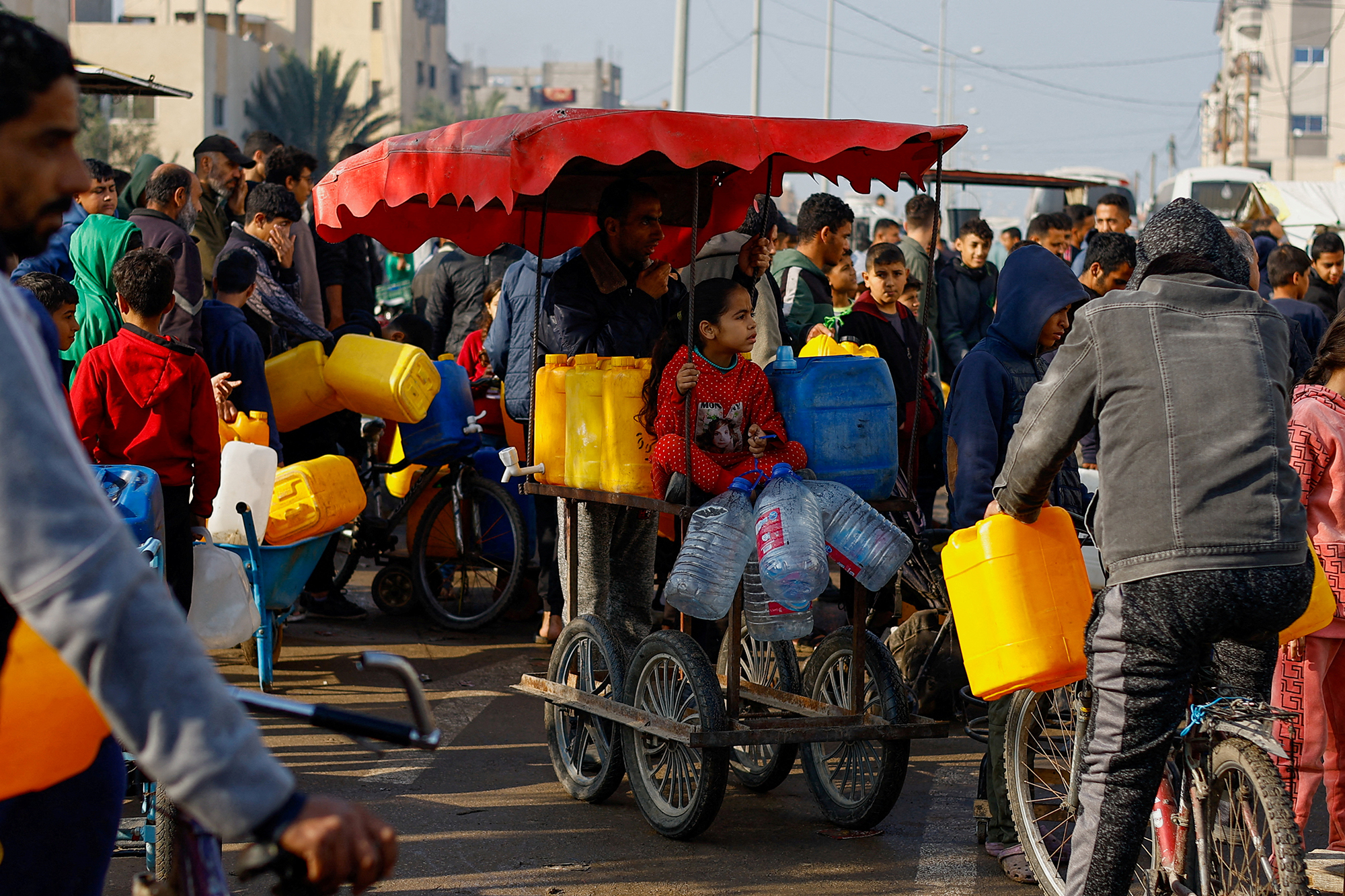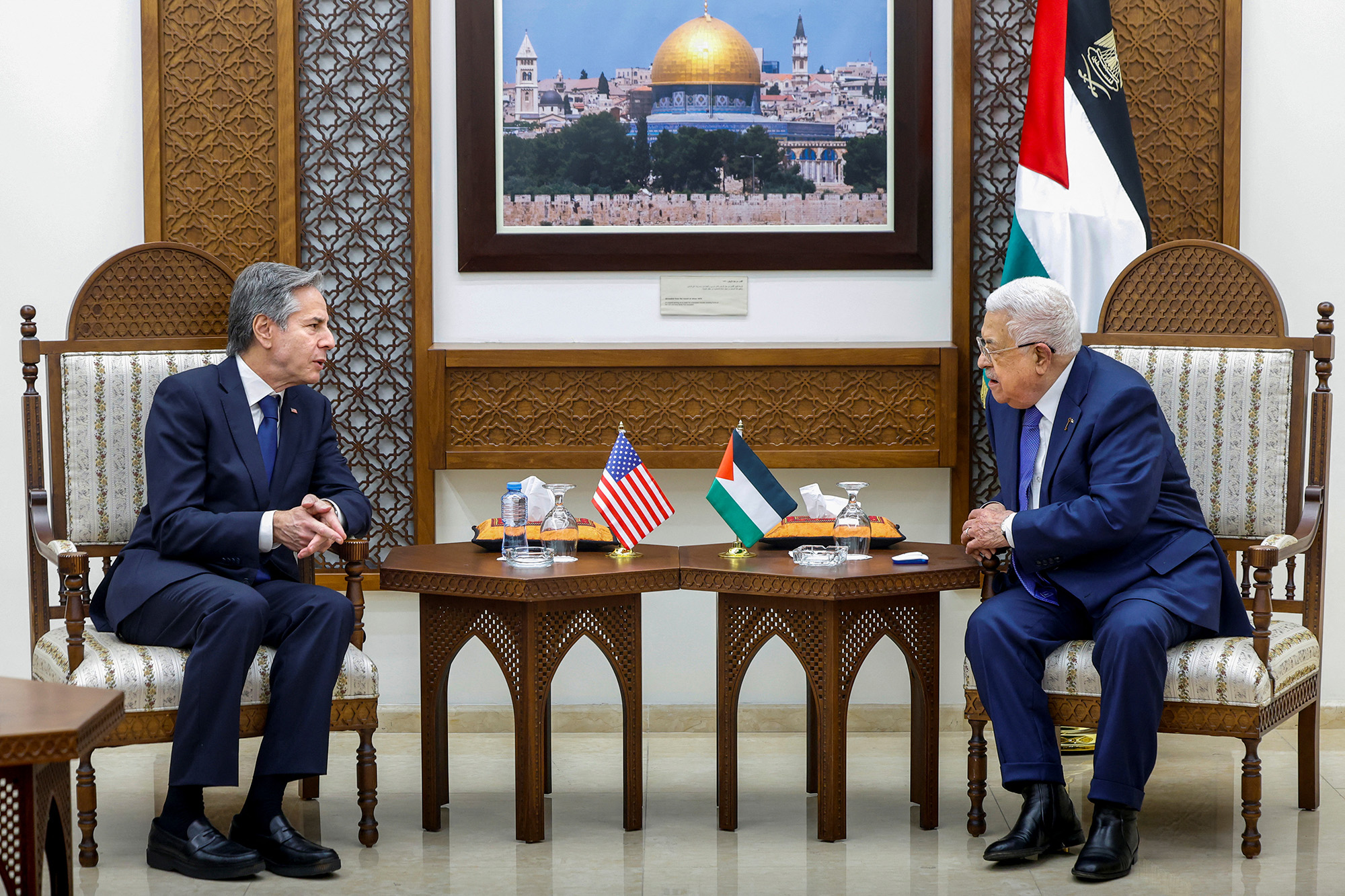Yemen’s Iran-backed Houthi rebels are stepping up their strikes on ships in the Red Sea, which they say are revenge against Israel for its military campaign in Gaza.
The strikes have forced some of the world's biggest shipping and oil companies to suspend their travel through the sea and has prompted the US and UK to supply warships to the region in an attempt to deter further attacks.
While — through a combination of geography and technology — the Houthis may lack the capabilities of Hamas and Hezbollah, their strikes on commercial vessels in the Red Sea may inflict a different sort of pain on Israel and its allies.

The global economy has been served a series of painful reminders of the importance of this narrow stretch of sea, which runs from the Bab-el-Mandeb Strait off the coast of Yemen to the Suez Canal in northern Egypt – and through which 12% of global trade flows, including 30% of global container traffic.
In 2021, a ship called the Ever Given ran aground in the Suez Canal, blocking the vital trade artery for nearly a week – holding up as much as $10 billion in cargo each day – and causing disruptions to global supply chains that lasted far longer.
There are fears that the Houthi drone and missile attacks against commercial vessels, which have occurred almost daily since December 9, could cause an even greater shock to the world economy.
The Houthis say they will only relent when Israel allows the entry of food and medicine into Gaza; its strikes could be intended to inflict economic pain on Israel’s allies in the hope they will pressure it to cease its bombardment of the enclave.
Fueling international tensions
Championing the Palestinian cause could also be an attempt to gain legitimacy at home and in the region as they seek to control northern Yemen, which they have dominated since the start of a bloody civil war almost a decade ago.
It could also give them an upper hand against their Arab adversaries, Saudi Arabia and the United Arab Emirates, who they accuse of being lackeys of the US and Israel.
But, there is also concern that the attacks could draw more countries into the conflict.
In December, the US announced a multinational naval task force comprising the United Kingdom, Bahrain, Canada, France, Norway and others, to “tackle the challenge posed by this non-state actor” that “threatens the free flow of commerce, endangers innocent mariners, and violates international law.”





